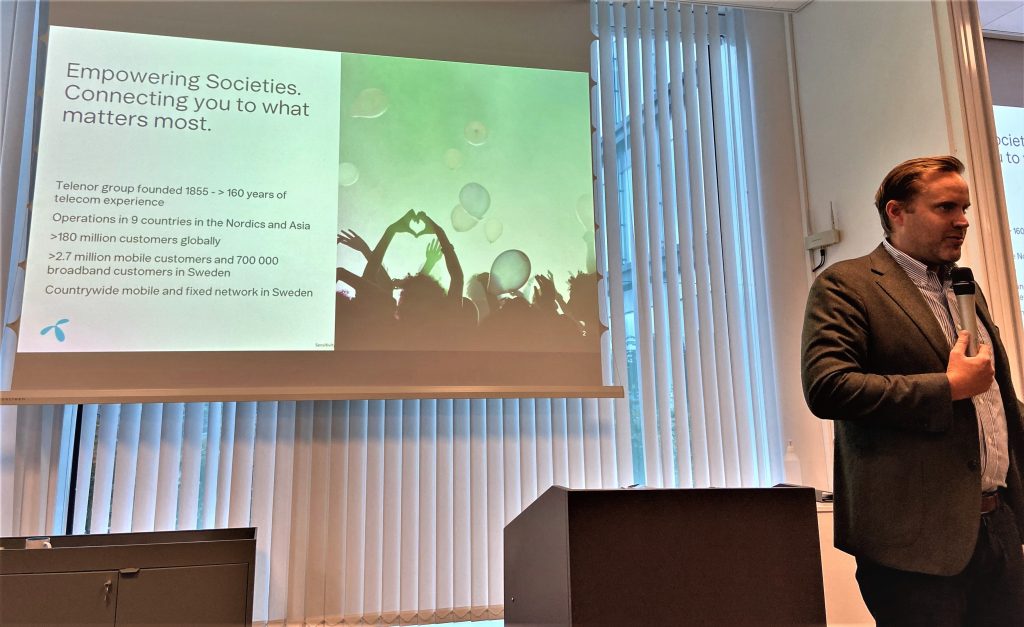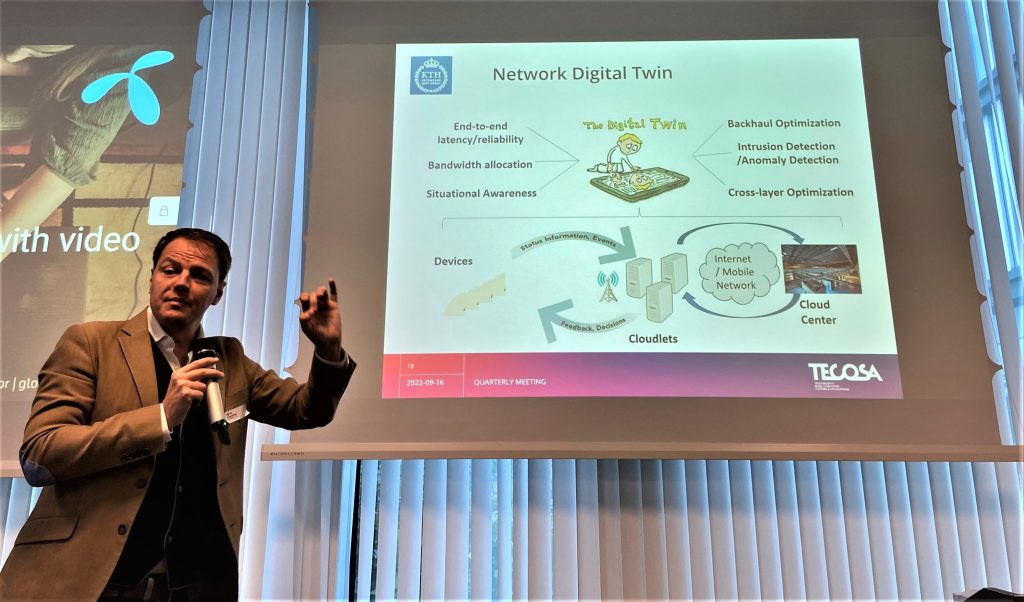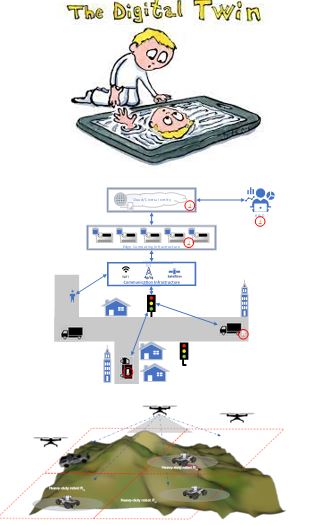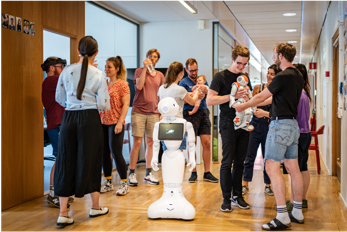On Friday 16 September, 45 TECoSA members gathered for the 9th Quarterly meeting, hosted at Telenor’s offices in Solna. The half-day event focused mostly on the reorganization of the TECoSA projects (see below) to create better synergies between the research, industrial use-cases and testbeds.
Jonas Eden, Telenor’s CMO for B2B, opened with an update on the latest efforts in 5G and edge computing use cases.


TECoSA Co-Director James Gross outlined the current status and plans for the testbed environment at KTH.
Discussions in break-out groups came up with fresh ideas and observations on the new project reorganisation, and considered new project planning (including time plans, demos and partner engagement).
Another topic covered at the meeting was the upcoming Year 2 Review undertaken by Vinnova. Input is being requested from all partners (via a digital survey from Vinnova). Martin outlined the content of the self-evaluation report, and the plans for the actual review meeting, taking place at KTH on Thursday 27 October 2022.
The next Quarterly Meeting, which takes place at Saab’s offices in Järfälla on Thursday 1 December Stockholm, Friday 2 December. Details to follow! Now that physical meetings are again possible, the TECoSA partners will take turns hosting the meetings – good exposure for the companies, and a great opporunity for everyone to make new contacts. The Spring Quarterly will take place in March at Ericsson in Kista (date and details to follow).
Reorganising the Projects – TECoSA Phase 2!
The main projects in TECoSA are being restructured to focus on industrial use-cases and testbeds, providing focal points for involving partners, applying research and tangible demonstrators. The focus will be on edge-centric themes that relate closely to trustworthiness.

Smart digital infrastructure:
A main emphasis here will be the development of a network digital twin, where experimental facilities currently being deployed include a private 5G network (sponsored by Telenor) at KTH campus Valhallavägen, and a software defined radio testbed developed at KTH. Example of research topics to be studied include end-to-end latency prediction and edge resource allocation.
Automated and collaborating road traffic:
This project has the goal to explore the interplay between automated vehicles and a “smart” infrastructure. Key initial assets include the KTH developed AD-EYE automated vehicle platform, 5G and edge computing, and partner assets such as a scale vehicle from Kvaser and software from Avassa. Example research topics include architectures and safety concepts for connected automated vehicles.
Collaborative Autonomy:
This project focuses on robot, and robot-human collaboration, where a key experimental asset will be the private 5G network. Examples of research topics include real-time edge robotics and safe decentralized reinforcement learning.
